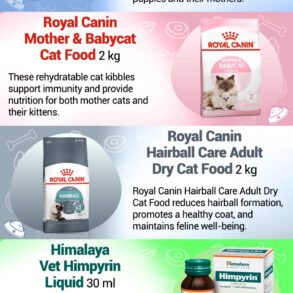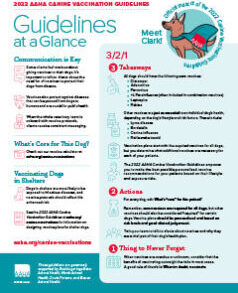Pets may help reduce stress, lower blood pressure, and reduce the risk of serious cardiac events like heart attack or stroke by keeping us physically active.

Our pets are part of the family and can bring us great joy. Research suggests they’re also good for our mental and physical health, including heart health.
Your pet may not contribute directly to your heart health, but they may offer many significant benefits indirectly.
- lower LDL (“bad”) cholesterol levels
- lower rates of hypertension (high blood pressure)
- lower rates of stroke
Plus, the
So what’s behind this seemingly magical power of pets? Let’s delve deeper.
The National Institutes of Health notes that owning a pet can reduce stress and lower cortisol levels. Cortisol is a hormone your body makes in response to stress. Elevated cortisol levels can contribute to high blood pressure and cholesterol.
Having a pet can be calming. A
And while most studies focus on dogs or cats, you might find other animals more stress-reducing. For example, just watching fish swim can be very calming.
Other mental health benefits of pet ownership that may influence heart health include:
- reduced loneliness
- increased feelings of social support
- improved mood
A 2022 review of studies found that cat owners were 42% less likely to have high blood pressure than non-pet owners, and dog owners were 31% less likely.
Researchers noticed that pets’ effect on blood pressure was particularly strong during moments of direct contact, such as stroking or petting.
The intensity of your relationship with the pet also matters. In a 2018 study in a nursing home, older adults with high systolic blood pressure experienced significant reductions in this value after their third session with a therapy dog.
Pet owners tend to engage in more physical activity than non-pet owners.
This is particularly true for dog owners who walk their dogs. A 2017 study found that dog owners walked
A 2019 study found that dog owners were
Activities with your pet that promote your heart health
Here are some activities to consider doing with your pet to get both of you moving:
- Go for a neighborhood walk.
- Take a trip to a dog park.
- Visit a nearby pet-friendly beach, lake, or pool.
- Set up a scavenger hunt for treats around your house and yard.
- Go rollerblading or cycling with your dog on a leash.
- Try puppy yoga (aka “doga”).
In addition to meeting their physical activity goals, people with pets are also more likely to meet their dietary goals, according to a 2019 study.
While this doesn’t necessarily point to a causal link, it’s possible that caring for a dog’s diet may mean you put more effort into your own diet.
Owning a pet may also encourage healthier lifestyle habits in some people. This might include consuming a healthy diet.
A meta-analysis of over 3 million participants found that dog ownership reduced the risk of dying from a heart attack by
The study authors proposed that the participants with dogs may have benefited from increased physical activity but also highlighted that dogs offered positive social and psychological effects. Addressing these factors can aid recovery after a major health event.
Does the type of pet matter for your heart health?
Most of the studies on heart health focus on dogs or cats. Some of the benefits studied may be specific to dogs or cats.
A 2023 study concluded that having both a dog and a cat was the optimal choice for people ages 65 years and older, while those ages 40 to 64 years benefited mostly from owning a cat.
Other pets may not contribute to lifestyle changes that directly affect heart health but may help improve mood and reduce stress.
As for specific breeds, a
Owning a pet may be beneficial for your heart health. Studies show that pets may reduce blood pressure and other risk factors for heart disease. They may also help boost your activity levels. If you’ve had a cardiovascular event, they may even benefit your recovery.
It’s important to know that you shouldn’t just get a pet because you think it will help your heart health. In fact, the
But if you do want to add a furry friend to your family, you can add “potential heart health benefits” to your list of pros. And if you are already some animal’s human, know that they may be doing more for your heart than just warming it.
This post was originally published on this site be sure to check out more of their content.








































